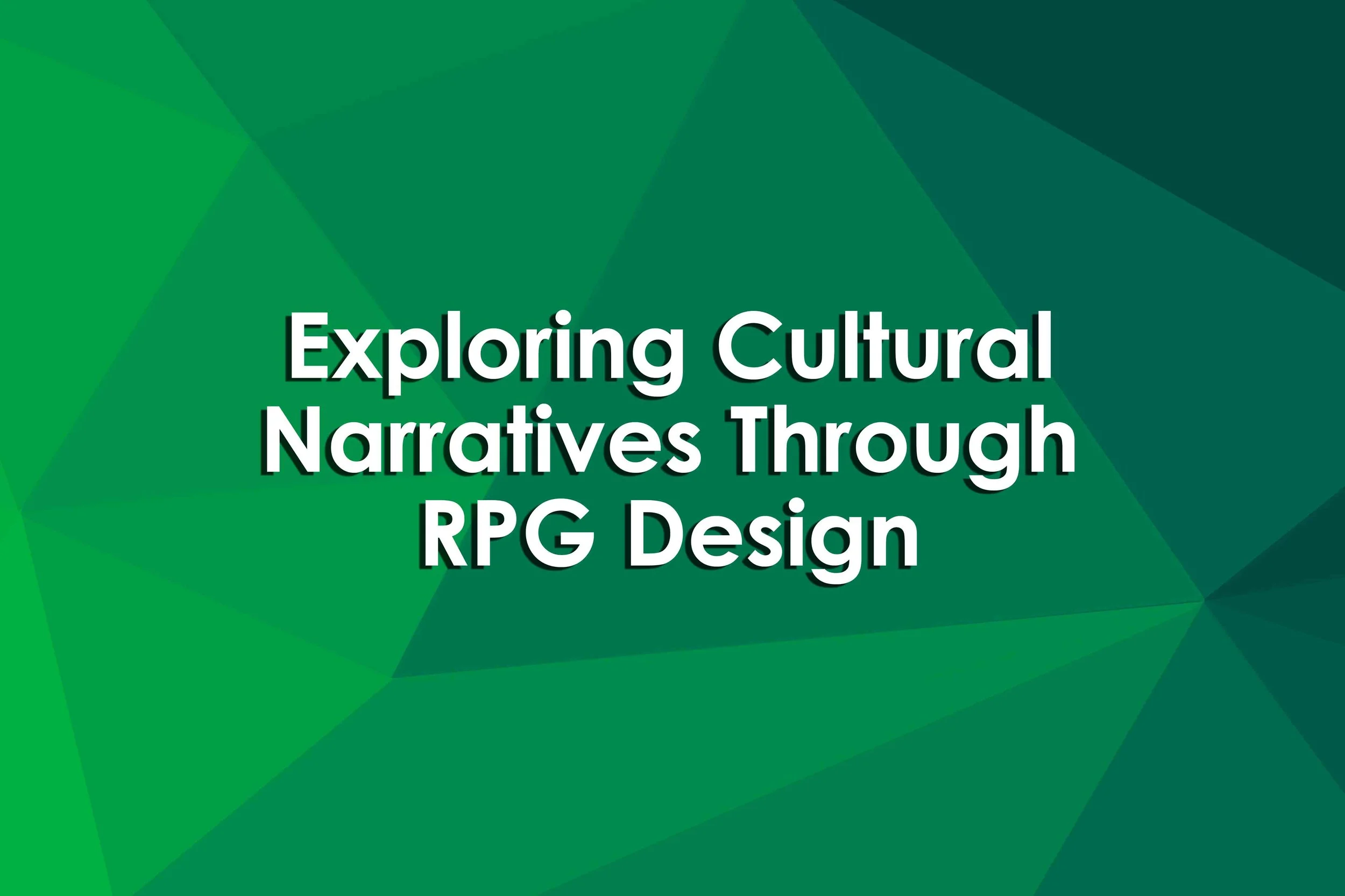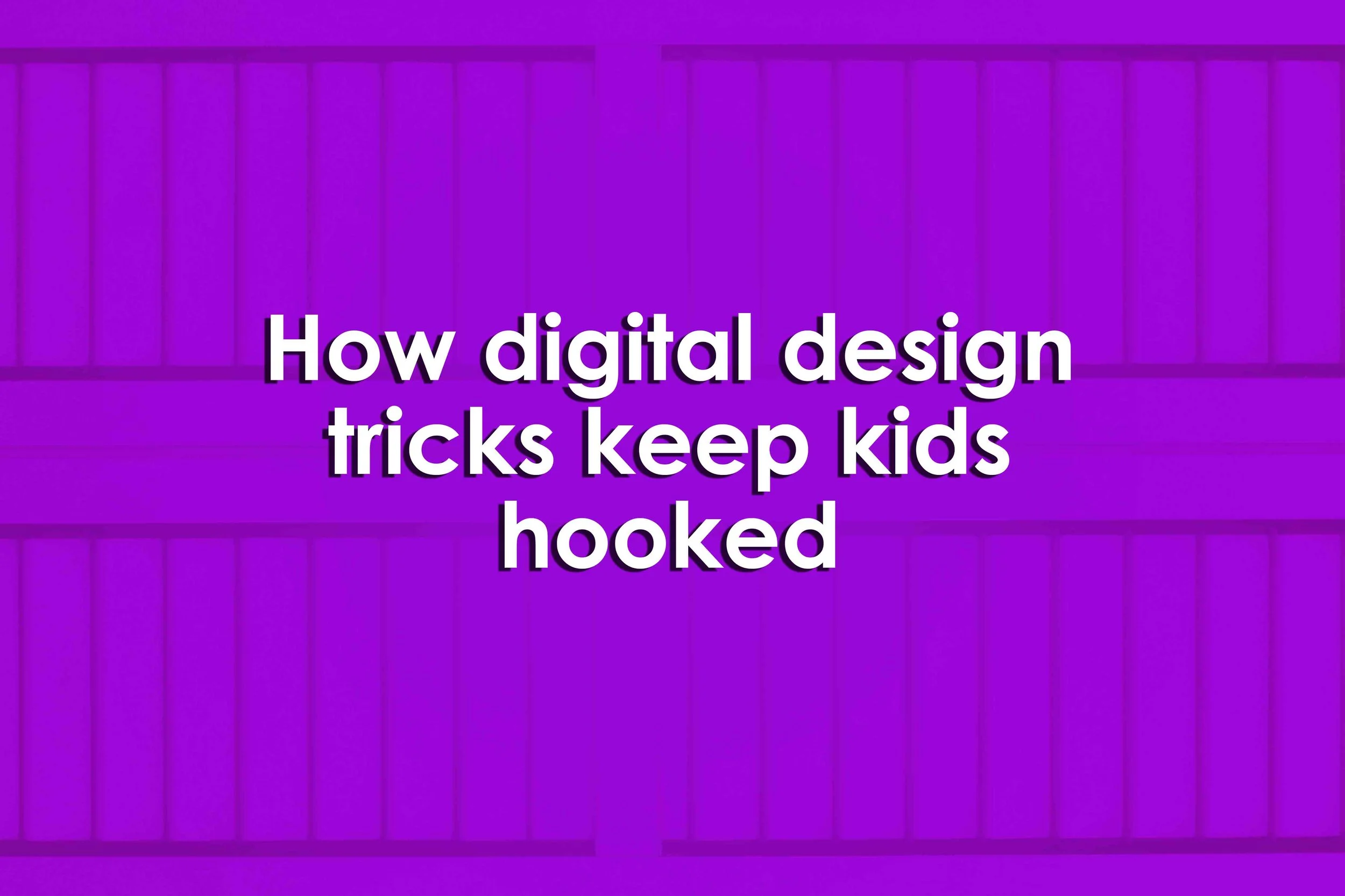ACM Studio at UCLA is a student-run organization focused on game development, offering resources and programs for all skill levels. The club hosts classes, guest speakers, workshops, and social events, such as game jams and a two-quarter program where students design their own games.
Read MoreSixteen pupils from Ekuthuleni Primary School in Durban are among 5,000 students across 100 eThekwini schools participating in the MindBlown game, a play-based learning tool. The game, added to the Domino Foundation's Life Skills program, encourages reading, teamwork, and learning science and technology facts.
Read MoreHeritage gamification, a growing trend in tourism, combines cultural education and technology to attract visitors, especially younger generations. In Vietnam, games like those at Đường Lâm Village and the Hùng Vương Museum engage tourists by immersing them in interactive, educational experiences tied to local heritage.
Read MoreDanii Wills, a 32-year-old mother, found solace in "cosy gaming"—a genre that emphasizes relaxing tasks, community-building, and creative control, such as Animal Crossing and Stardew Valley. These games have helped her cope with anxiety, depression, and ADHD, providing a sense of community through online interactions.
Read MoreUnion Minister of State for Education Sukanta Majumdar highlighted the benefits of online games and their potential to enhance education. Speaking at the Indian Gaming Convention in New Delhi, he emphasized how gamification can make learning more engaging, accessible, and effective by fostering critical thinking, problem-solving, and creativity.
Read MoreDr. Susannah Emery, a researcher at the University of South Australia, is developing a video game called Life Resounding to provide insight into neurodivergence, such as ADHD, autism, and dyslexia.
Read MoreAt K-State’s College of Education, the Game Lab explores the educational potential of games. Open three days a week, it allows students, faculty, and community members to play games like Dungeons & Dragons and Magic: The Gathering while researchers investigate how games can enhance learning.
Read MoreA survey by Prodigy Education reveals that people who played video games as children are more likely to have received recent promotions, earning $5,451 more annually. Video games, once associated with negative traits, are now recognized for enhancing strategic thinking, problem-solving, and creativity.
Read MoreA new educational video game developed by Bloodvein First Nation and Logics Academy immerses students in the Anishinaabe way of life, featuring sled dog rides and moose hunting while exploring land stewardship.
Read MoreJillian Fader, a wildlife ecology major at the University of Delaware, is exploring how board games can enhance chemistry students’ understanding of quantum numbers, a key concept in chemistry.
Read MoreThe 4th Bootcamp #Pascualchallenge: Social Fictions and Role-Playing Games allowed students to apply theoretical knowledge in a hands-on, challenge-based environment. By designing a role-playing game based on Colombian mythology, participants bridged academic learning with real-world application, focusing on narrative creation, game mechanics, and design.
Read MoreIn graduate education, particularly in secondary education, studying games and play can challenge the prevailing emphasis on standardized learning and assessment. Games encourage active, imaginative, and risk-taking learning, moving students beyond passive approaches.
Read MoreResearchers at Northeastern University explored how some tabletop roleplaying games (TTRPGs) are prioritizing queerness and inclusivity, offering lessons for mainstream games like Dungeons & Dragons (D&D). While D&D has taken steps toward inclusivity, it still faces criticism for its history with race and gender.
Read MoreSir Demis Hassabis, Britain’s latest Nobel laureate in chemistry, began his tech career as a teenage video game developer, co-designing the 1994 hit Theme Park.
Read MoreAs children spend more time on digital platforms, apps, and games, they are exposed to subtle psychological tricks designed to keep them engaged. Features like infinite scrolling, auto-play, and rewards such as badges and points trigger dopamine release, making it harder for kids to disengage.
Read MoreSince COVID-19, there has been a push to better prepare for future pandemics. Bill Gates emphasized the need for proactive planning, comparing it to firefighting drills.
Read MoreThe video game Black Myth: Wukong, based on the Chinese novel Journey to the West, quickly became one of the fastest-selling games of all time, with over 18 million copies sold in its first weeks.
Read MoreThis study explores how rituals in Dungeons & Dragons gameplay are affected by transitioning from face-to-face (FTF) to remote digital modes. Using Collins' four elements of rituals (body co-presence, mutual attention, barriers to outsiders, and shared mood state), it finds that while rituals remain in both settings, they transform significantly.
Read MorePBS Kids has released a new online game, Dicey Escape, where children ages 5 to 7 can play as special agents in escape rooms, solving math problems to defeat a villain. The game is designed with input from Kelly S. Mix, a University of Maryland professor who specializes in early math development.
Read MoreThe Games in Schools program, launched by the Romanian Video Game Developers Association (RGDA) in 2022, helps secondary school students learn subjects like history and geography through video games. Initially targeting rural areas, the program has now expanded to include hundreds of teachers nationwide. With support from UniCredit Bank and the Ministry of Education, the program offers teacher training on using video games in classrooms and even introduces students to game development.
Read More




















